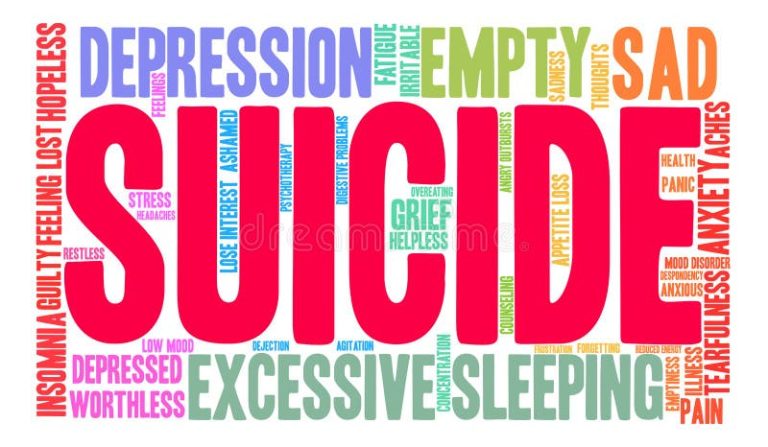The World Health Organization (WHO) has revealed that more than 720,000 people die by suicide every year, while many more attempt it.
WHO’s Director-General, Dr. Tedros Ghebreyesus, has called for a “shift in the narrative” to challenge harmful myths, reduce stigma, and encourage open, compassionate conversations about suicide.
Speaking on World Suicide Prevention Day, marked every September 10, Tedros said: “Each life lost leaves a deep impact on families, friends, colleagues, and entire communities.”
Suicide affects all age groups. In 2021, it was the third leading cause of death among people aged 15–29, according to WHO’s most recent data.
It is not only a problem in rich countries but occurs worldwide. In fact, nearly three-quarters of all suicides in 2021 happened in low- and middle-income nations.
The global suicide rate in 2021 was 8.9 per 100,000 people. Africa recorded the highest rate at 11.5, while Europe and Southeast Asia both had 10.1 per 100,000.
There is a strong link between suicide and mental health conditions, particularly depression and alcohol use, as well as previous suicide attempts. However, many suicides also occur suddenly during moments of crisis, triggered by financial problems, relationship breakdowns, chronic illness, or pain.
Other factors such as conflict, violence, disaster, abuse, isolation, or the loss of loved ones can also increase suicidal behavior. Vulnerable groups such as refugees, migrants, indigenous people, prisoners, and LGBTI individuals face higher risks.
Tedros urged: “We must move from silence to openness, from stigma to empathy, and from neglect to support. We must create safe spaces where people can speak out and seek help.”
He stressed that governments must also take responsibility by investing in quality mental health services and policies to ensure people get the support they need.
According to WHO’s 2024 Mental Health Atlas, global government spending on mental health remains very low—just 2% of total health budgets since 2017. The gap between rich and poor nations is wide: while high-income countries spend up to \$65 per person, low-income countries spend as little as \$0.04.
WHO recognizes mental health as a universal human right and says suicide can be prevented with the right measures.
Its LIVE LIFE strategy recommends reducing access to suicide methods (such as pesticides, firearms, and harmful medicines), encouraging responsible media reporting, teaching young people life skills, and providing early support for anyone showing signs of suicidal behavior.


